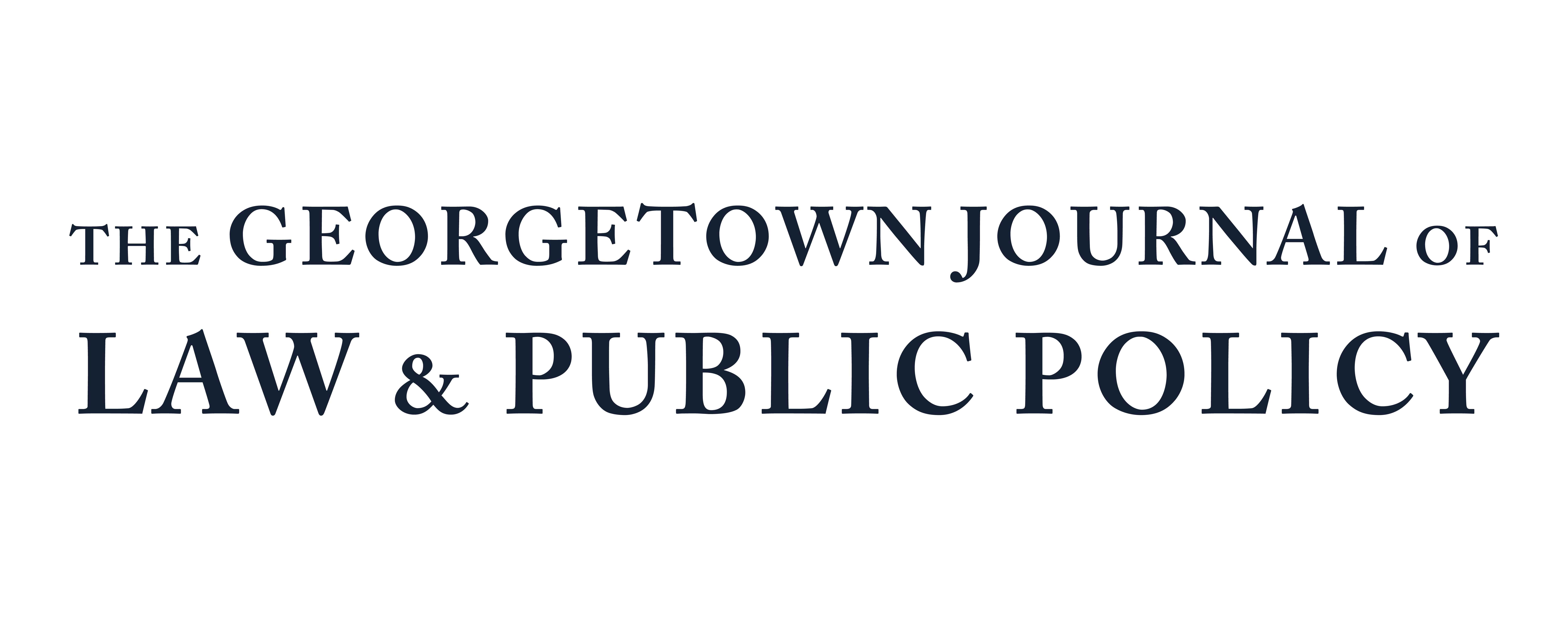The Promise and Peril of Single-Issue Legislatures
Here is a familiar story about electoral democracy. Modern policymaking is incredibly complicated. Voters are rationally ignorant. This ignorance has many potential bad consequences. If elected officials are closely responsive to the ignorant voters, they will make bad decisions, resulting in bad outcomes. More plausibly, this ignorance will simply serve to insulate elected officials from voter scrutiny, making them easy targets for capture and manipulation—which will also lead to bad outcomes.
There are different responses to this cluster of concerns. One response is to restrict who participates in elections or to distribute electoral power on the basis of education, so as to improve the epistemic quality of the decision-making. A second response is to restrict the scale of government, so that ordinary people will be comparatively better informed about what the problems are, what might constitute solutions, and whether those solutions are being implemented.
This article briefly discusses these options, but it focuses on a completely neglected alternative: the use of single-issue legislative bodies, as opposed to generalist legislatures that cover a wide range of policy issues. The article considers how existing political structures—particularly administrative agencies and legislative subcommittees—already introduce single-issue elements and considers why extant legislatures have been generalist legislatures. The article then offers moral, epistemic, and anti-capture reasons for thinking that single-issue bodies would be comparatively normatively attractive and introduces several possible forms that single-issue legislatures might take. Some of the potential advantages include that they allow more time to be spent on particular issues, they shift focus from discussion of elected individuals to discussion of issues, they prevent issues from receding into the background (and thus prevent policy that is made largely in shadows), they allow people to focus on the issues that matter most to them, they help make efforts to achieve capture more transparent, they block cynical attempts to prevent action through fostering dissent and disagreement on unrelated issues, and they allow the legislature to develop expertise. The article concludes by discussing several concerns about single-issue legislatures: diachronic and synchronic policy coherence, budgeting and funding, the impediment to log-rolling and other cross-area legislative bargaining, and the impossibility of appropriate taxonomic division. These are worries, but I argue that we should take single-issue legislative bodies seriously as a way of expanding our institutional design options and that concerns about them plausibly have institutional design solutions.
Keep Reading The Promise and Peril of Single-Issue Legislatures
Subscribe to GJLPP
